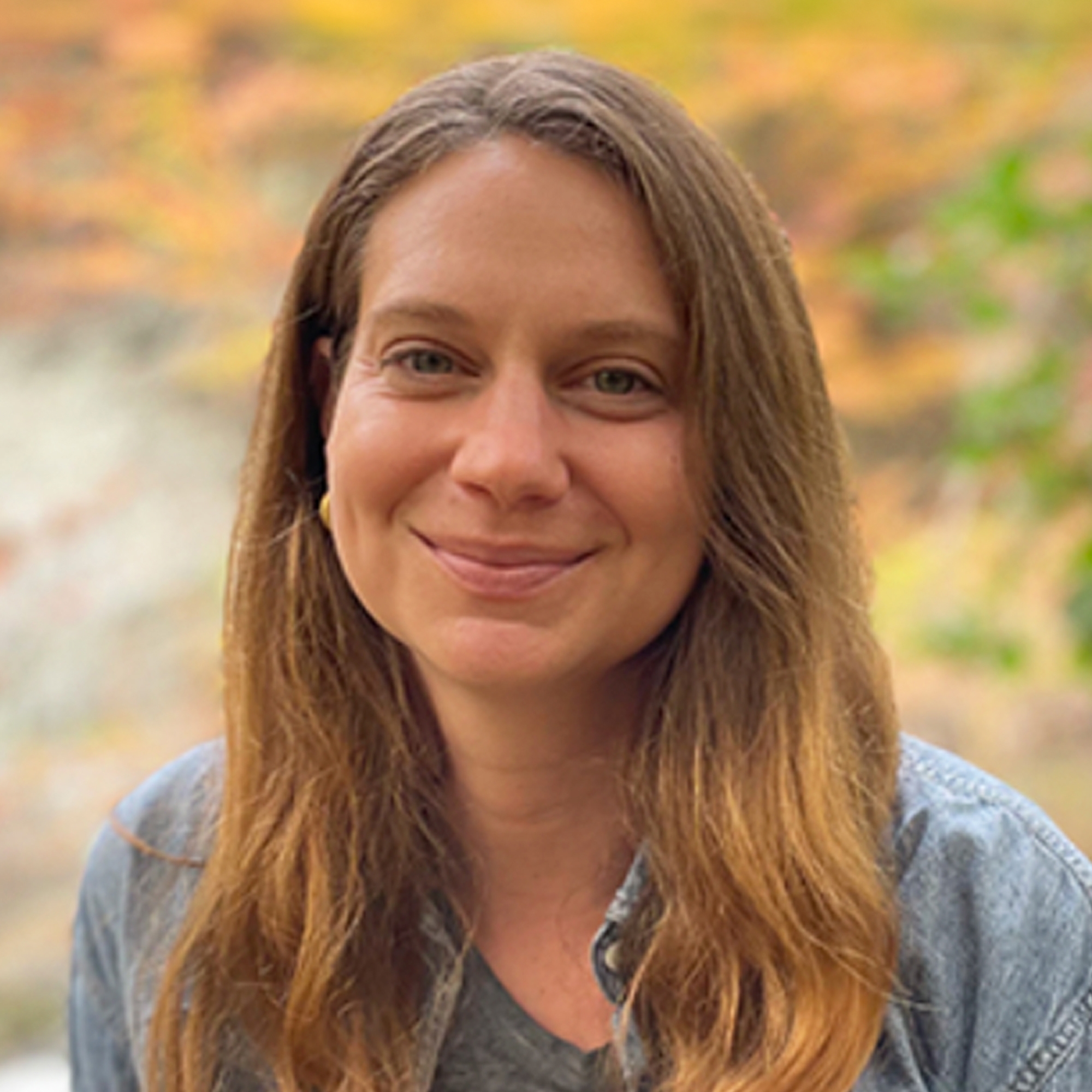<p><span class="p-body">Starting this Summer, Sophie Plitt will be joining the <a href="/content/sps-nyu/explore/degrees-and-programs/ms-in-professional-writing.html" title="MS in Professional Writing">MS in Professional Writing</a> program to teach our <i>Writing for Science and the Environment</i> elective course. Sophie is an urban ecologist whose work is driven by more than a decade of experience researching, managing, and building partnerships around green spaces across the urban-rural landscape. </span></p>
<p><span class="p-body">We couldn't wait to ask her all of our burning questions. Read on to find out more about Plitt's career and what she hopes to bring to the classroom.</span></p>
Writing as an Urban Ecologist
<p><span class="p-body">Plitt's undying love of nature is at the core of her professional aspirations, but it was her curiosity about the impact of human systems on the environment that propelled her toward a career in urban ecology. "I am drawn to this work because I'm passionate about making a positive impact on people's lives and improving the quality of life in cities, especially for those who have experienced injustice," she reflects.</span></p>
<p><span class="p-body">Her work revolves around understanding how natural ecosystems in cities function. She says, "It's also critical to understand and communicate how we can all better protect and restore these ecosystems within our cities to enhance the benefits they offer to people and climate." </span></p>
<p><span class="p-body">So, where does professional writing fit into the mix? Plitt explains that writing is one of the most impactful skills in her work as an urban ecologist. </span></p>
Whether it's writing effective emails to build strong partnerships; drafting factsheets to share research findings with decision-makers; or writing a research paper, the ability to communicate the power and importance of nature is paramount to making change."
<p><span class="p-body">In tandem with writing, she says that listening is also an important skill that she didn't expect to be so foundational. The ability to understand her collaborators on a deeper level rests on her keen listening skills, allowing her to anticipate the arguments of potential opponents. She says that this skill also "has helped me ask better questions, seek out diverse points of view, and produce writing that can really change people's minds about an environmental issue."</span></p>
<p><span class="p-body">Writing for science and the environment involves having both a grounding in scientific facts and a passion for reaching people. We live in a time when not everyone knows how to decipher sound science from opinion, so having a solid understanding of how to evaluate and communicate scientific findings is crucial.</span></p>
Looking Ahead
<p><span class="p-body">We're excited to see how Plitt's passion for science translates into the classroom. She's eager to learn more about what motivates her students.</span></p>
<p><span class="p-body">"I'm looking forward to learning about my students and what they are most passionate about, then finding ways to connect that passion to scientific thought. There are so many themes interwoven in the field of science and the environment: social justice, food systems, immigration, you name it!"</span></p>
<p><span class="p-body">She has published research and scientific writing in journals such as Frontiers in Sustainable Cities, Cities and the Environment, and Landscape and Urban Planning. Sophie has worked with organizations such as the NYC Parks Department, the New York Restoration Project, the US Forest Service, and the Natural Areas Conservancy. She holds a BA in Environmental Studies and Urban Ecosystems from The New School and an MS in Social-Ecological Resilience Research from the Stockholm Resilience Centre.</span></p>
<p><span class="p-body">If you'll be taking Plitt's <i>Writing for Science and the Environment</i> elective course, we recommend reading Robin Wall Kimmerer's Braiding Sweetgrass, one of her favorite books. If you dream of using your writing skills in the world of science and environmentalism, consider pursuing an <a href="/content/sps-nyu/explore/degrees-and-programs/ms-in-professional-writing.html" title="MS in Professional Writing">MS in Professional Writing</a>, where you can take Professor Plitt's course. We'll see you there!</span></p>



